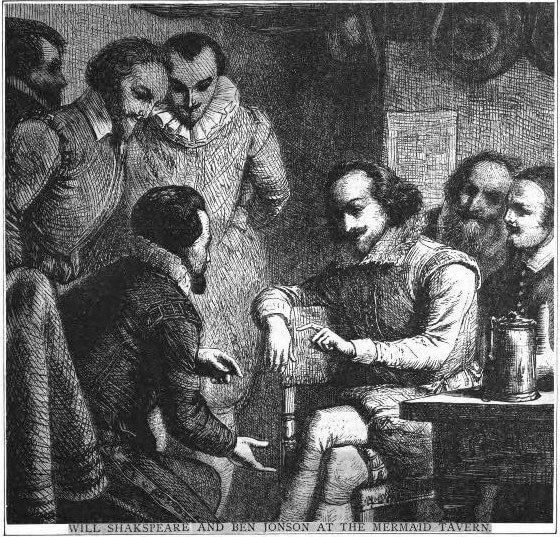“Find Your Own Voice”
Contemporary Kitsch or Classical Maxim?

Dead Poets Society is a truly great film—if for John Keating alone. It’s Robin Williams at his best: a mentor authoritative yet tender, aristocratic yet plebian—a wise teacher balancing on the knife’s edge between the pater and peer. Who doesn’t rejoice at the demolition of the textbook? Who can hold back his soul when Williams performs his John Wayne Macbeth and Marlon Brando Marc Antony—rigor mortis jawline and all? And is there any teacher in film more iconic than Mr. Keating atop his desk, gracefully perched on a plane between Athenian philosopher and Shakespearean fool?
The scene:
MR. KEATING: Why do I stand up here? Anybody?
CHARLIE DALTON: To feel taller.
MR. KEATING: No. [Rings a call bell on his desk with his foot.] Thank you for playing, Mr. Dalton.
[Laughter]
MR. KEATING: I stand upon my desk to remind myself that we must constantly look at things in a different way. See, the world looks very different from up here. You don’t believe me? Come see for yourselves. Come on, come on.
[Students file up to the desk, climb up, observe, and jump off the front.]
MR. KEATING: Just when you think you know something, you have to look at it in another way. Even though it may seem silly or wrong, you must try. Now when you read, don’t just consider what the author thinks. Consider what you think. Boys, you must strive to find your own voice because the longer you wait to begin, the less likely you are to find it at all. Thoreau said, “Most men lead lives of quiet desperation.” Don’t be resigned to that. Break out. Don’t just walk off the edge like lemmings. Look around you.
Admittedly, things get a little silly here. If these lines weren’t delivered by the mellifluous Williams, we would mistake them for the words of an inspirational desktop background or a third-rate Ted Talk. Haven’t we heard this sermon before? Many a teacher calls, “Find your own voice!” But the students churn out the same half-baked reflections. Many a teacher cries, “Don’t be a lemming; think for yourself!” And the clichés grow bolder. Eventually, teacher and student alike fall into Thoreau’s “quiet desperation,” not because they haven’t looked within, but because they have—and have found their ramshackle interior poorly furnished.
In our contemporary context, the phrase “Find your own voice!” is a decidedly unhelpful maxim since, in the classical view of things, true inspiration and great courage come from the outside, not the inside. When Diomedes prepares for battle in book V of the Iliad, he doesn’t need introspection. He needs the power of Athena. When Frodo and Sam are caught in Shelob’s lair, they don’t need to see “by their own lights.” They need the glow of Galadriel. In fact, when Samwise discovers his voice in the dark, the text says that “his tongue was loosed and his voice cried in a language which he did not know”:
A Elbereth Gilthoniel
o menel palan-diriel
le nallon sí di’nguruthos!
A tiro nin, Fanuilos!
This is the way of things. We find the power of Wisdom, and it becomes our own. We hear the “crying of the Elves,” and our cry joins with theirs. As teachers, we don’t want our students simply to “look at things in a different way.” We want them to see by the light of distant stars—old stories, great heroes, high words—and discover therein, to use Tolkien’s language, the “indomitable spirit.” Paradoxically, this loss of voice is the process by which we arrive at our truer, better tongues. We find ourselves when, to quote another Inkling, we find “those places in the structure of the eternal cosmos for which we are designed or invented”:
As a colour first reveals its true quality when placed by an excellent artist in its pre-elected spot between certain others, as a spice reveals its true flavour when inserted just where and when a good cook wishes among the other ingredients, as the dog becomes really doggy only when he has taken his place in the household of man, so we shall then first be true persons when we have suffered ourselves to be fitted into our places. (C.S. Lewis, The Weight of Glory)
True color, true flavor, true creatureliness. These are the things that Mr. Keating really longed for—the real hope for the Charlie Daltons and Neil Perrys and Todd Andersons of the world. Make no mistake: We dare not slander this shining image of the teacher—forever atop his desk, forever beckoning young minds upwards—but we must transpose the key of his song. We retune his lyric call even as we heed it:
“Find your own voice (like your own life) by losing it.”










